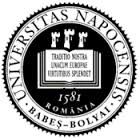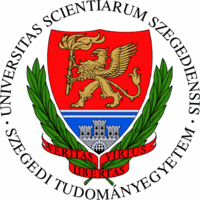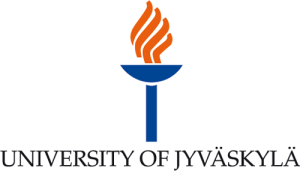 As a follow-up activity to the peer-to-peer student mentoring project proper, which engaged second-year mentors and first-year mentees, we organized a focus group with the second-year student mentors on April 4th, 2013.
As a follow-up activity to the peer-to-peer student mentoring project proper, which engaged second-year mentors and first-year mentees, we organized a focus group with the second-year student mentors on April 4th, 2013.
Yellow, blue and green post-its were waiting patiently to be filled-in with the mentors’ expectations, disappointments (accompanied by suggestions for improvement), and pleasant surprises from the activity they had just completed. Honing one’s communicative skills, a heightened sense of responsibility, and living a new experience came top of the expectations list, as well as the prospect of making new, real friends – there is life beyond Facebook after all! Nostalgic stepping into a first year student’s shoes was also on the wishlist, as well as a genuine desire to practice altruism.
When hopes are high, some degree of disappointment is inevitable. We discussed what could be done to improve the schedule of the mentor-mentee meetings, to raise the mentees’ awareness regarding the way they relate to their mentors, with the possibility of selecting, at the beginning of the university year, those first-year students who are willing to be guided. Thus, the misperception of a yet-another-compulsory-activity would be avoided and the mentor would not feel his/her counselling position dangerously questioned.
Other issues concerning the mentors’ selection, the type of extra input needed from the teachers or/and the secretary office, so that a better structuring of the activities be achieved, triggered a lively debate. Its consensual and heartening conclusion was that no reward should be promised to the mentors, otherwise one cannot separate the wheat from the chaff. The student mentors were adamant about not allowing opportunists and “C.V. builders” to interfere with an activity which draws its strength from volunteering.
The good news is that, the answer to the final question, “Would you do it again?” was a unwavering “Yes”… provided their suggestions for improvement were taken into account. Had it been only a quick test of student mentor assertiveness, this argumented answer shows that a first lesson in critical thinking has been learned.
Iulia Bobaila,
Assistant Lecturer, Babeş-Bolyai University
 Although the SPEAQ project has now ended, you can learn more about it in the About and Partners sections of this website, and use the outcomes of the projects in the Resources and LanQua sections.
Although the SPEAQ project has now ended, you can learn more about it in the About and Partners sections of this website, and use the outcomes of the projects in the Resources and LanQua sections.





